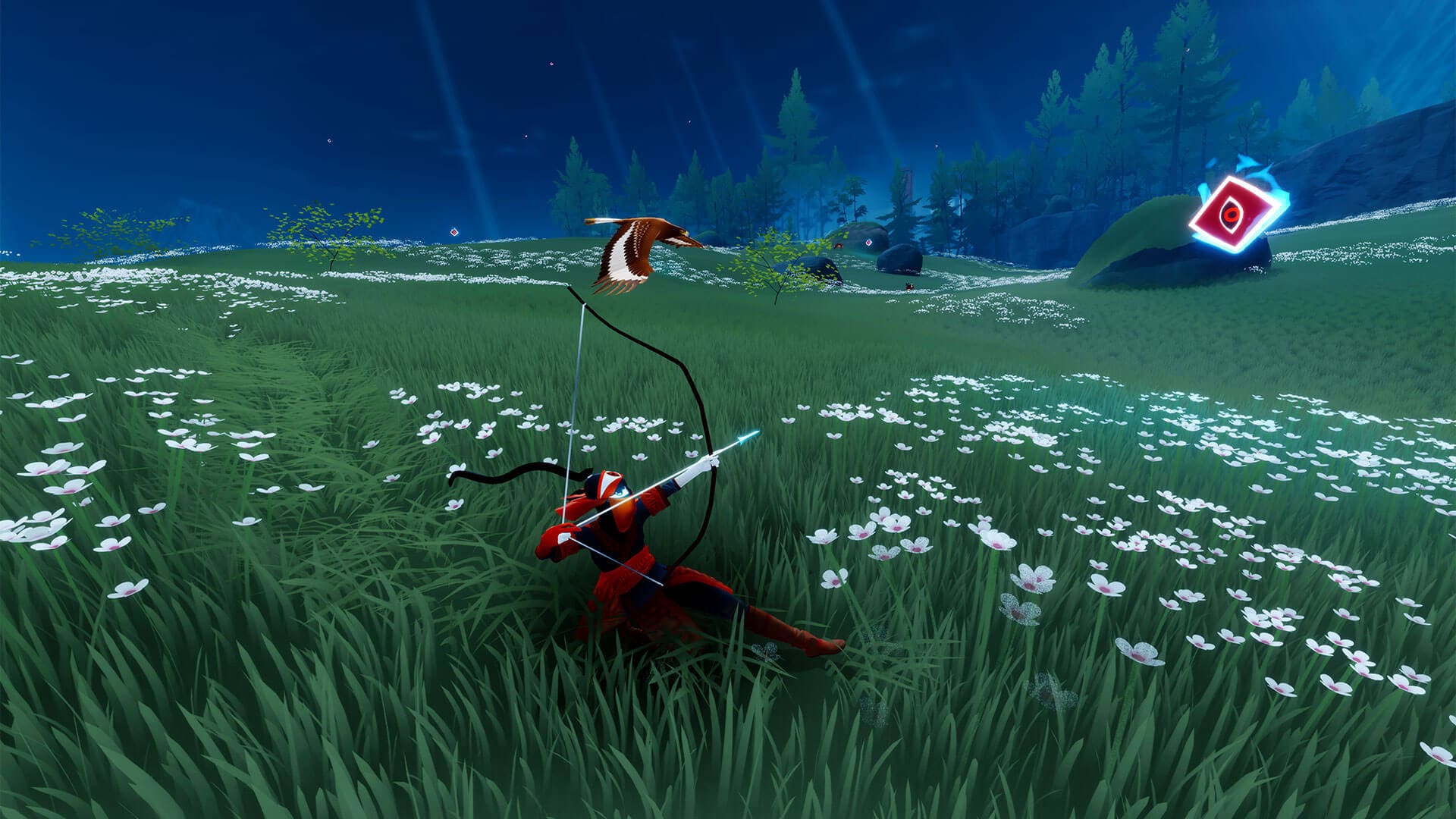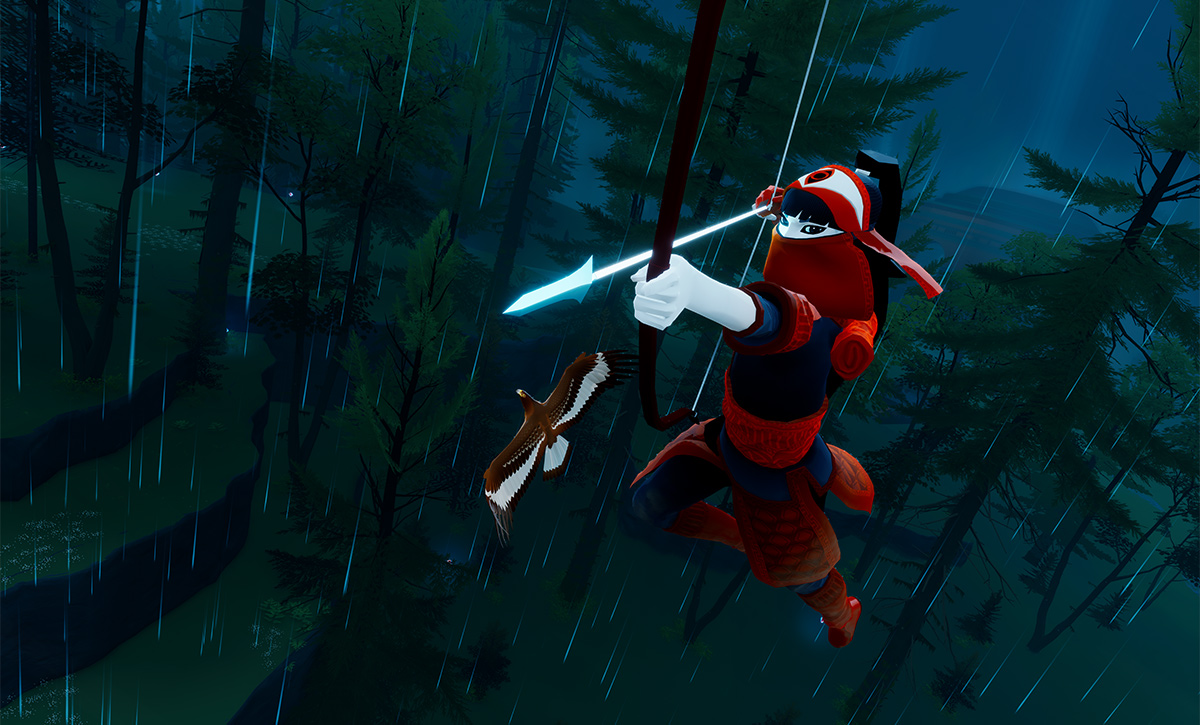The best game design programs, ranked by the Princeton Review 2021
The Princeton Review has done all the heavy lifting of researching the absolute best game design programs across North America and Europe. Whether it’s the best teachers, the most prestigious graduates, the best facilities, or the highest average salary, you’ll find a great school for you.
Do your homework
Amnesia: Rebirth

Can “normal” mechanics undermine your vision?
Frictional Games, the makers of Amnesia: The Dark Descent, SOMA, and more recently Amnesia: Rebirth, definitely know their way around horror. But even professionals can fall victim to trophy game design mechanics, get a bit too comfortable, and undercut their own vision. How can you keep gruesome monsters still terrifying without taking your player out of the experience when they get caught?
Example: Frictional Games learned from their earliest titles that forcing a player to replay a level after dying only served to reduce the horror and increase the frustration a player might feel. Since Rebirth still incorporated a “fear” system that encourages players to avoid darkness and monsters, they tied that into what happens when a player fails. If the player is taken down by an enemy, the main character experiences an onslaught of cryptic visions, then awakens in a different spot. Failure also impacts the main character’s health, impacting their journey in meaningful ways that an invested player will take care to avoid.
Homework: If you’re making a game that tells a story or sends a message, consider how the gameplay mechanics we’ve taken for granted might impact that narrative. Part of being a game designer is thinking outside the box, even in a game that might already follow an established formula in many ways. It might turn a gimmick you tossed in into something much more meaningful in the end.
Read: https://bit.ly/2M7d8VE
The Pathless

Hitting the mark like a pro
Archery and video games go together like peanut butter and chocolate, and plenty of video game protagonists are supposedly perfect shots. But if we’re supposed to be heroes, why do games let us whiff so many shots and stumble while aiming, and is there a better way?
Example: When Giant Squid made 2020’s The Pathless, they knew they wanted their protagonist to come across as a fast-paced master archer, able to bound across huge landscapes with the inertia of her bow. But they needed a way to make players believe that fantasy. At first, they came up with the maxim “never miss a shot,” but pulled back a little when that got too dull. Rather than focus on aiming, Giant Squid determined that timing your shots (with a generous window) would be the key to traversal. The player needed to be able to miss, but Giant Squid wouldn’t make that the default result. The end result was a simple, yet satisfying rhythm to archery that sacrificed none of the thrill of landing a shot while speeding along.
Homework: Much like the previous example, consider how “standard” game mechanics that have been around for ages might break the immersion a player needs to feel invested in the world you’ve created. If you tell a player one thing, but punish them for being something they’re not in real life (in this case, an incredibly gifted archer), then they might not want to spend time engaging with your world. Don’t be afraid to pull away from old ideas even if it means dramatically simplifying something.
Read: https://bit.ly/38YLpPY
Keep up to date with the most important stories and the best deals, as picked by the PC Gamer team.

